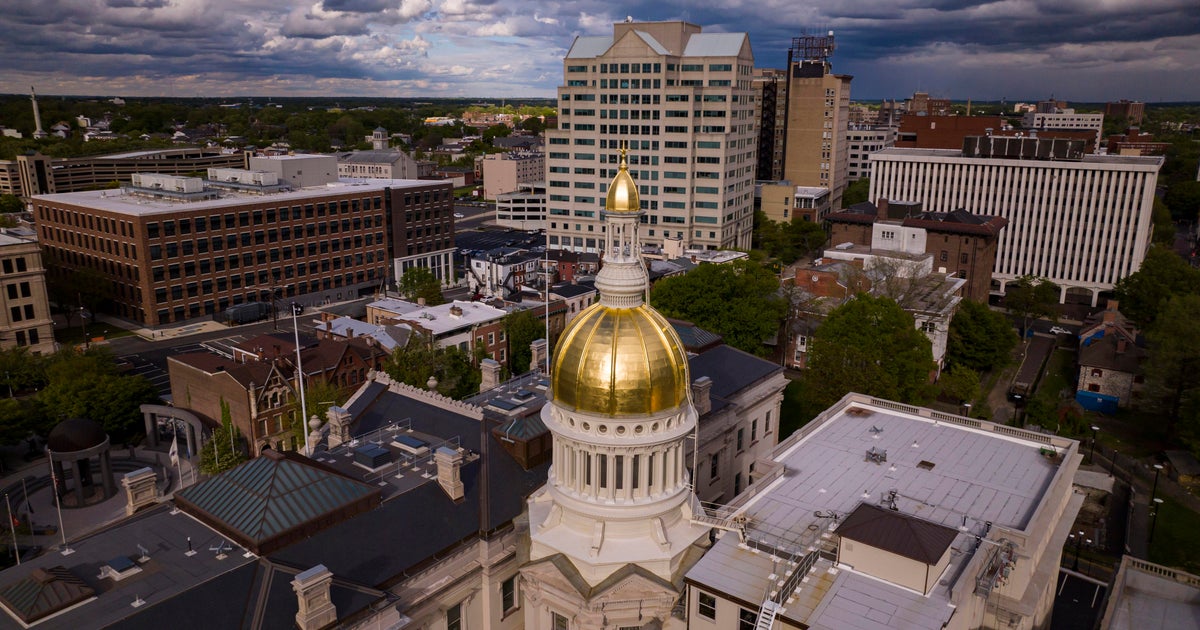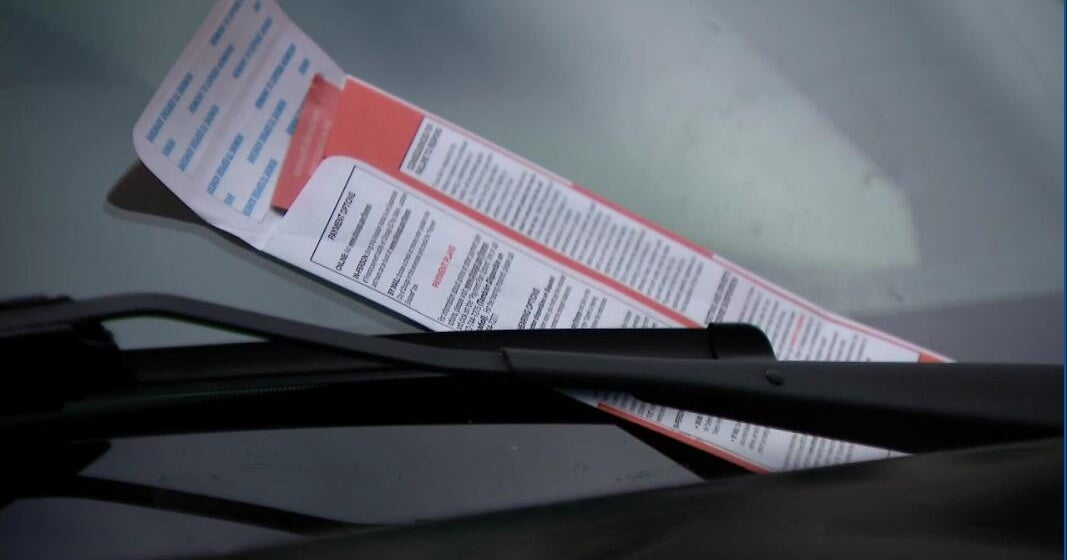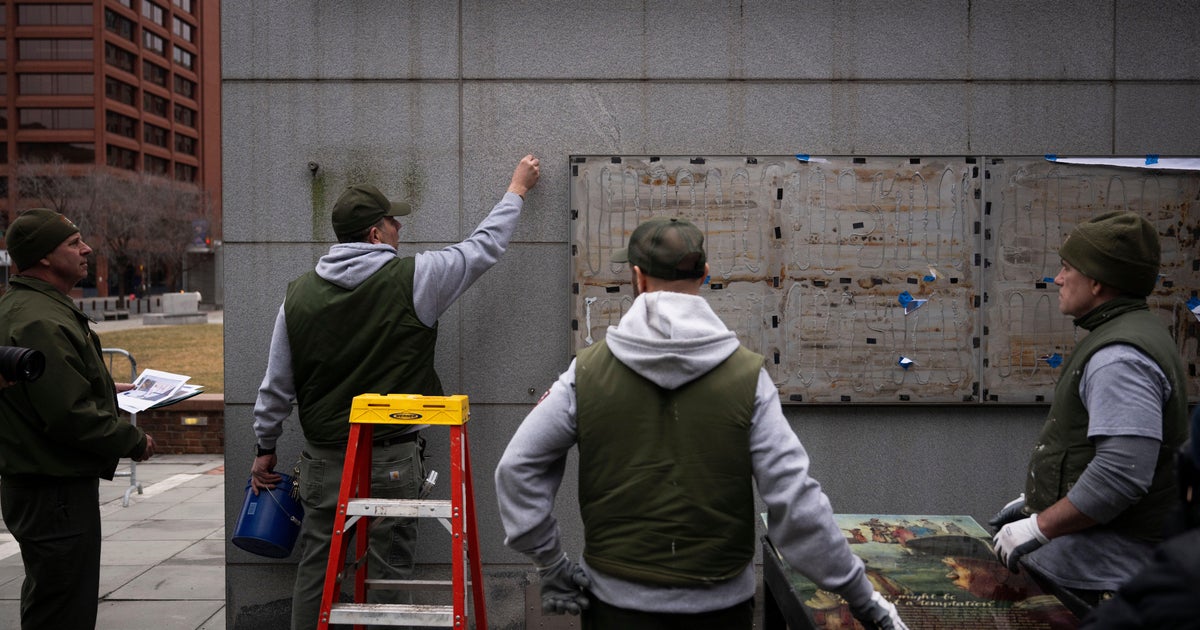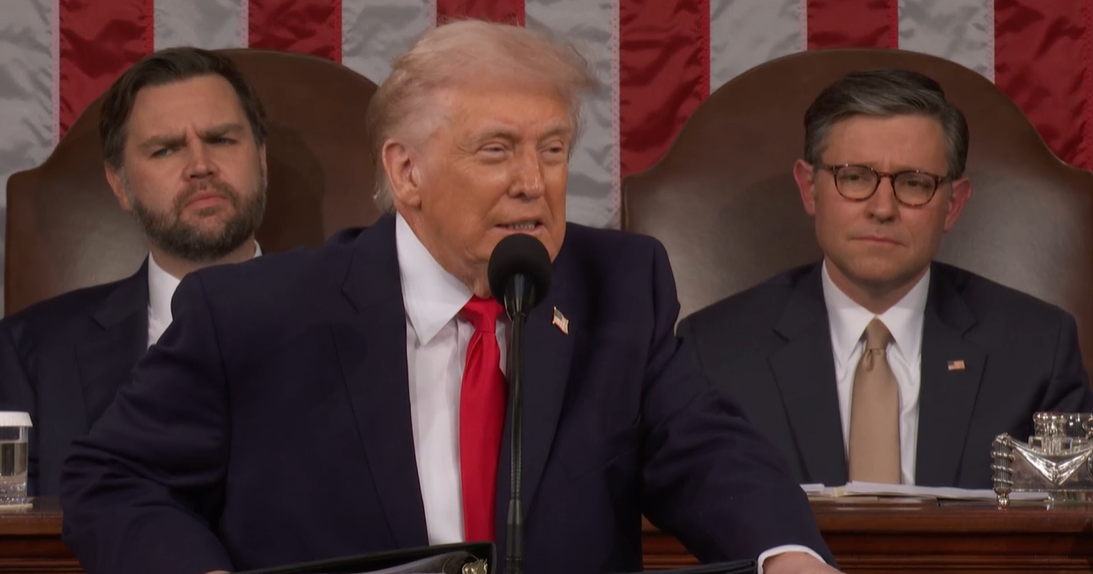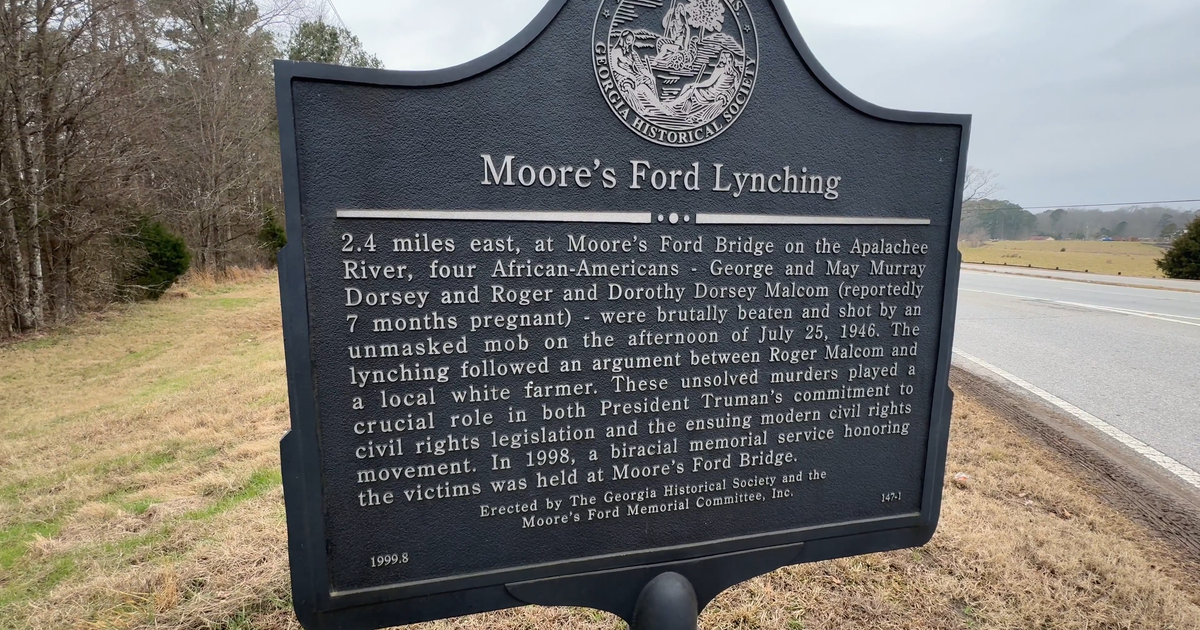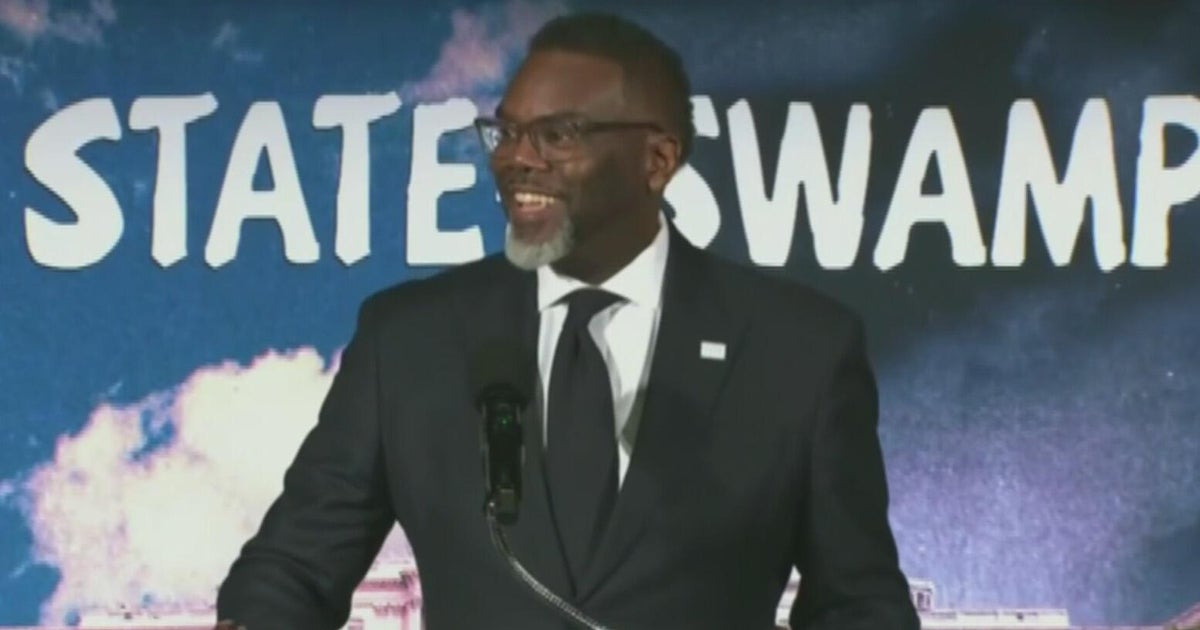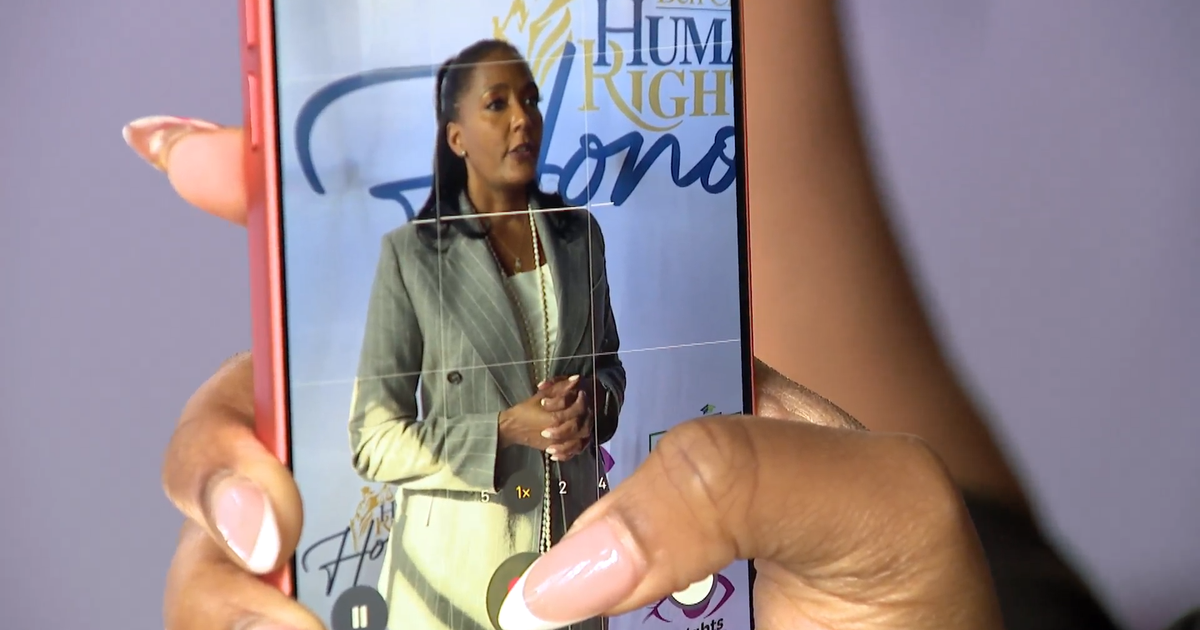Judge Considers Challenge To Abortion Waiting Period
Follow CBSMIAMI.COM: Facebook | Twitter
TALLAHASSEE (CBSMiami/NSF) --- A Leon County circuit judge is considering a challenge to a law that would require women to wait 24 hours before having an abortion. All this just days before the law is set to take effect.
The law (HB 633), which passed in April, is slated to go into effect July 1st. The day after Gov. Rick Scott signed the law, the American Civil Liberties Union filed a constitutional challenge and sought an emergency injunction.
On Wednesday, Chief Circuit Judge Charles Francis heard arguments from the ACLU and the Attorney General Pam Bondi's office and then said he'd issue a ruling quickly on whether to grant an injunction.
Both sides are expected to appeal an adverse ruling.
The new law adds to the information that physicians performing abortions must provide to women to obtain their consent. Under the law, the information must be provided in person to women at least 24 hours before the procedures are performed --- requiring women to make two trips to abortion clinics.
Supporters of the law contend it will give women more time to reflect on their decisions. Opponents contend it will place obstacles before women seeking abortions, especially women who are victims of violence and women who are low-income and live in rural areas.
In a one-hour hearing Wednesday, ACLU attorney Renee Paradis pointed to Florida's "explicit" constitutional right to privacy as the basis for challenging HB 633.
"Florida is one of only five states with this kind of strong privacy protection in the Constitution," she said. "None of those five have a waiting period. The only one that tried to have a waiting period was struck down by the courts in Montana."
But Blaine Winship, special counsel to the attorney general, said the state has a vested interest in its residents' well-being.
"The state wields the police power to protect the health and safety of the people," he said.
Winship also contended that nothing in the new law removes a woman's right to get an abortion.
"The question of whether there is a 24-hour wait for her to contemplate the full impact and ramifications of her decision is obviously what we've been talking about today," he said. "It's what the Legislature aimed to try to protect."
Lawmakers included in the law exceptions to the 24-hour wait for victims of rape, incest, domestic violence and human trafficking. To qualify, however, those victims must produce police reports, restraining orders, medical records or other documentation --- and Paradis said most victims do not seek those.
The Republican-led Legislature rejected Democrats' attempts to allow women to consult with doctors online or to have nurses explain the procedure on the first visit.
"This is all just about informed consent," Winship said. "The Legislature took great care in building in a number of exemptions."
But Paradis said the second-trip requirement threatens a woman's privacy by increasing the risk that other people --- from loved ones to employers and co-workers --- will learn that she is having an abortion.
The two sides also sparred over the strength of Florida's constitutional right to privacy. Winship pointed to a 2006 Florida Supreme ruling that upheld the informed-consent provision in a 1997 law, the "Women's Right to Know" Act, which required doctors to explain the medical risks of abortion and to obtain consent from women seeking them.
Paradis, however, noted that the language in a landmark 1989 case had provided Floridians with stronger privacy protections than most states.
"The state may think it knows better, but that doesn't matter," Paradis said. "It matters what the woman decides."
Francis said he would not rule Wednesday, but soon thereafter.
(The News Service of Florida's Margie Menzel contributed to this report.)
